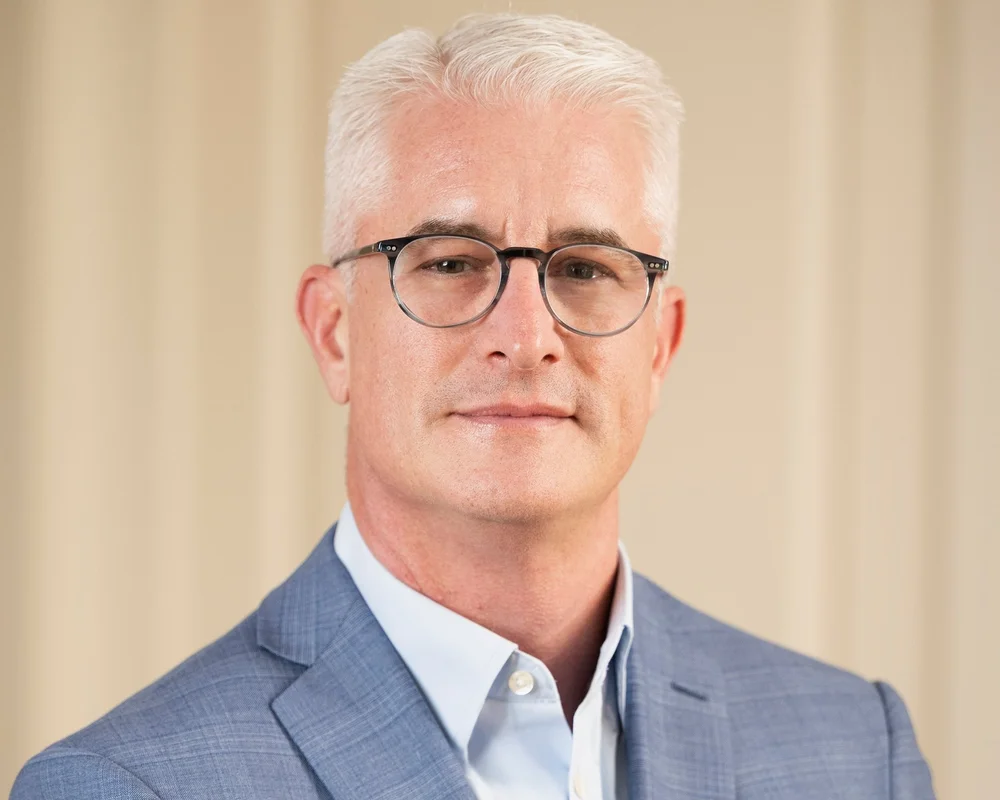There were lots of responses from all quarters to the newly proposed Net Neutrality rules. Here is a collection of a few them, culled from all over the place – feel free to add more in the discussion below. The quotes will be presented without comment (hah, there’s a first!):
Vin Cerf of Google:
“The Internet was designed to maximize user choice and competition, and we’ve all benefited immensely as a result…today the FCC took an important step in protecting that environment and ensuring that the Internet remains a platform for innovation, economic growth and free expression.”
Senator Kay Baily Hutchison, Texas:
“I am deeply concerned by the direction the FCC appears to be heading. Even during a severe downturn, America has experienced robust investment and innovation in network performance and online content and applications. For that innovation to continue, we must tread lightly when it comes to new regulations. Where there have been a handful of questionable actions in the past on the part of a few companies, the commission and the marketplace have responded swiftly.”
Ben Scott, policy director at Free Press:
“What we heard today is a commonsense approach—although in this town, things that are common sense are considered bold. Net neutrality is a pro-investment policy.”
Competitive Enterprise Institute:
“Net neutrality is an anticompetitive, pro-bureaucratic construction …”
“Sparring behemoths like Google, Apple and AT&T can take care of themselves.”
Skype CEO Josh Silverman:
“It’s an extremely welcome development. What we are seeing is communications policy being recognized as innovation policy.”
Verizon Vice-President for federal regulatory affairs David E. Young
“We share the chairman’s goal of preserving an open and robust Internet. Our concern is will it stifle innovation and growth.”
“We need to look at the facts, I’m pleased to hear that the chairman only intends to do only what is needed but no more. … We need to see what are the problems that need to be fixed and what are the examples that require a dramatic change.”
Chris Guttman-McCabe, vice president of regulatory affairs for CTIA
“How do the rules apply to the single-purpose Amazon Kindle? How does it apply to Google’s efforts to cache content to provide a better consumer experience? Should all product and service offerings be the same?”
USTelecom:
“the bar needs to be set very high when it comes to additional government intervention.”
Professor Larry Lessig, Stanford:
“At FCC chairman’s network neutrality speech – good might be done.”
NCTA:
“We recognize that we may, however, have a different view about the state of competition and the choices and benefits that flow to consumers from that competition. While we look forward to working with Chairman Genachowski and his colleagues, we will continue to present facts and data to the Commission that suggest that any regulation in this arena should be approached with great caution and only in the most targeted way, and to advocate policies that avoid government entanglement in operational decisions that could undermine the very dynamism of the Internet we all seek to preserve.”
Jim Cicconi, AT&T’s senior EVP of external and legislative affairs:
“AT&T would be very disappointed if [the FCC] has already drawn a conclusion to regulate wireless services despite the absence of any compelling evidence of problems or abuse that would warrant government intervention.”
Gigi Sohn, President of Public Knowledge:
“FCC Chairman Julius Genachowski struck exactly the right balance this morning when he announced a plan to require a free and open internet. The chairman’s proposals for additional transparency in how companies manage their traffic, coupled with new rules prohibiting big telephone and cable companies from discriminating against some services in favor of others will go a long way to freeing investment not only in the network but also in new services and features.”
Consumer Federation of America and Consumers Union, publisher of Consumer Reports magazine
“[Internet providers] will constantly invent excuses to exercise their market power to undermine competition and limit the freedom of speech.”
Comcast:
But before we rush into a new regulatory environment for the Internet, let’s remember there can be no doubt that the Internet has enjoyed immense growth even as these debates have gone on. The Internet in America has been a phenomenal success that has spawned technological and business innovation unmatched anywhere in the world. So it’s still fair to ask whether increased regulation of the Internet is a solution in search of a problem.
Senator John Ensign, Nevada:
“In this struggling economy, any industry that is able to thrive should be allowed to do so without meddlesome government interference that could stifle innovation. We must avoid burdensome government regulations that micromanage private businesses or that limit the ability of companies to provide what their customers want. The Internet has flourished in large part because of a lack of government interference; I see no need to change that now.”
And finally, Julius Genachowski, FCC Chair, in the closing remarks of his speech:
“We are here because Internet pioneers had unique insights about the power of open networks to transform lives for the better, and they did something about it. Our work now is to preserve the brilliance of what they contributed to our country and the world. It’s to make sure that, in the 21st century, the garage, the basement, and the dorm room remain places where innovators can not only dream but bring their dreams to life. And no one should be neutral about that.”
If you haven't already, please take our Reader Survey! Just 3 questions to help us better understand who is reading Telecom Ramblings so we can serve you better!
Categories: Government Regulations






Skype in favour of this??? If p2p throttling is removed, he (and everyone else) is, in a word, screwed.
Here’s the deal … carriers give the government what it thinks it wants … don’t spend a dime of capex, treat all traffic equally – let things come to a crawl … then the government can tell us what to do next …
Think about it, outside of maintenance capex all that free cash flow you will generate by not upgrading infrastructure for more bandwidth peering demand …
Or, the Federal Government should just get into the public peering business — the rest of us will focus on connectivity.